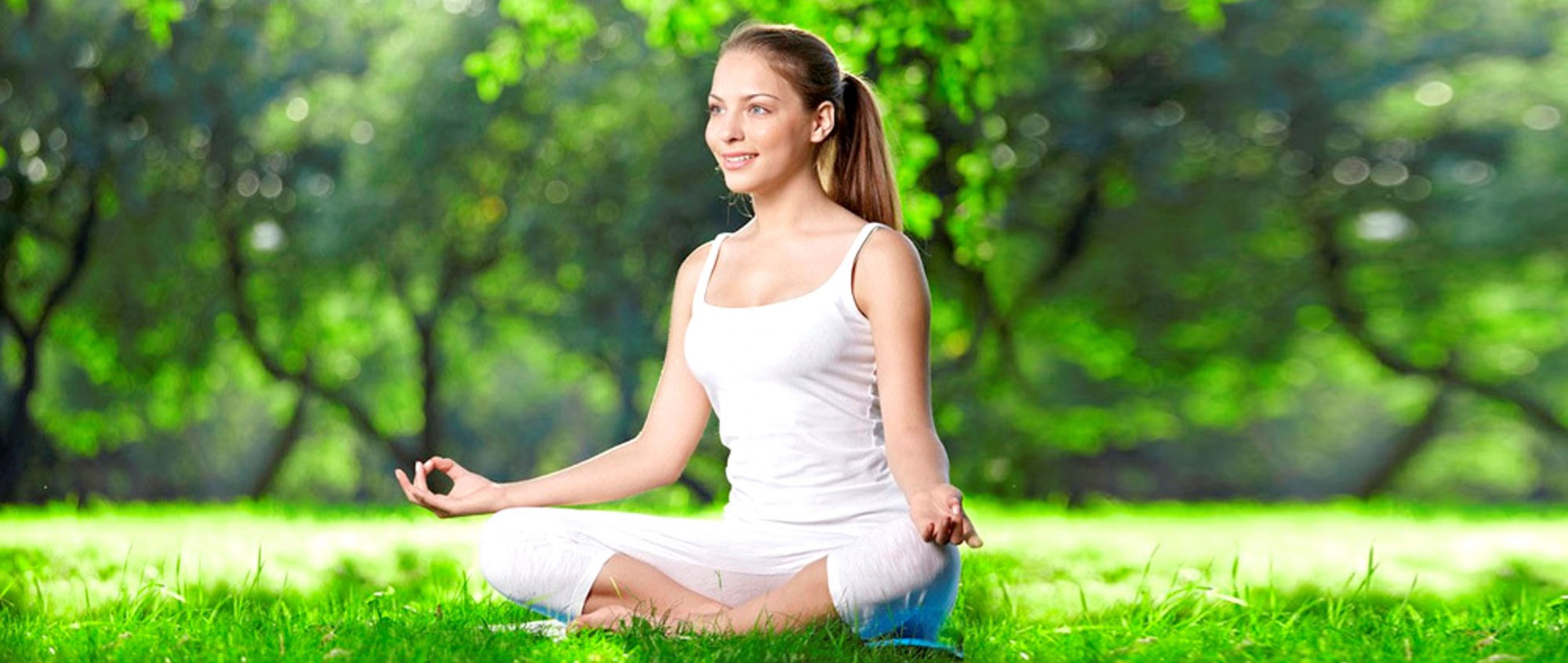Other Branches of Alternative Medicine
What is Homeopathy?
Homeopathy is evolving on a daily basis, thanks to the dedication of thousands of doctors, scientists, academics, and laboratories that push the limits of their knowledge and current capabilities.
Homeopathy is a scientific therapeutic method which advocates preventing illness and treating the root cause(s) of illness, rather than just the symptoms.
The Homeopathic philosophy believes that substances should be diluted and used in very small doses, which is the least intrusive option of treatment.
Science shows that, in spite of the very high dilution of the active ingredient, the therapeutic effect remains. Homeopathic practitioners confirm that substances that are diluted beyond the known limits of matter possess the detectable, measurable, reproducible, and specific biological or physical activity of the diluted substance, even though there isn’t the slightest trace of the substance.
How does Homeopathy work?
Like other disciplines of holistic medicine, Homeopathy practitioners tailor treatment options to each individual patient. Choosing a Homeopathic drug involves an individual assessment of the patient’s needs, illness, and lifestyle. For example, each individual develops his own version of the flu, common cold, or eczema–that is, he will develop symptoms that are extremely personal, which must be taken into account in order to select a Homeopathic drug. However, sometimes the same Homeopathic drugs are systemically used for certain symptoms or diseases.
What is Acupuncture?
Originating in China over 2,000 years ago, acupuncture is one of the oldest, most commonly used medical procedures in the world. Acupuncture gained popularity in the United States in 1971, when New York Times reporter James Reston wrote about acupuncture successfully easing his pain post-surgery.
How does Acupuncture work?
Acupuncture involves needles being used to stimulate different points on the body. Thin needles are used to penetrate the skin and ease muscle or nerve pain. Your Acupuncturist will manually insert the needles onto various points of your body. Contrary to popular belief, Acupuncture is not typically painful. In fact, many patients of Acupuncture claim to feel relief during and after treatment. Acupuncture needles have often been described as tools which “pull” pain out of your body.
What does Acupuncture feel like?
Everyone experiences acupuncture differently. However, most feel minimal to no pain as the needles are inserted or removed. Some people are energized by treatment, while others feel relaxed.
However, please be advised that improper needle placement, movement of the patient, or a defect in the needle can cause soreness and pain during treatment. This is precisely why it is important to seek treatment from a qualified Acupuncturist. Some complications may arise from inadequate sterilization of needles and from improper delivery of treatment. Practitioners should swab treatment sites with alcohol or another disinfectant before inserting needles. When not delivered properly, acupuncture can cause serious adverse effects, including infections and punctured organs.
What is Aromatherapy?
Aromatherapy is the use of essential oils, absolutes, carrier oils, and other fragrances from plants, to affevt a patient’s mood or health.
One of the best-known essential oils used in Aromatherapy is Lavender, which is recommended by practitioners for treating wounds, enhancing memory, and combating anxiety and insomnia. Other popular scents include Eucalyptus, Rose, and Jasmine. Aromatherapy (citrus-based essential oils, in particular) is also used to relieve nasal airways during the cold or flu.
Is Aromatherapy effective?
While there is no scientific proof that essential oils cure diseases, many people have found great success in its usage.
Some essential oils have proven to have effects on the nervous system, other parts of the body, or bacteria. Rosemary and Ylang-Ylang have opposite effects on Alpha brain waves. Tea Tree and Leleshwa oils kill a wide variety of microbes. Sandalwood oil kills certain bacteria at lower concentrations. Plai Oil (a species of Ginger) is useful for treating joint pain.
What is Reflexology?
The Reflexology Association of Canada defines it as “A Natural healing art, based on the principle that there are reflexes in the feet and hands which correspond to every part of the body.”
By stimulating and applying pressure to the feet or hands, you are increasing circulation and promoting specific bodily and muscular functions. Your whole body reacts because of something perceived by the foot. Reflexology with a full range of pressure sensors, utilizes the same body system of fight or flight to relax the body.
Is Reflexology effective?
The feet and hands are more sensitive than most people realize. Similar to how we use our eyes to detect light, the hands and feet detect pressure, stretch, movement, and weight distribution.
What is Hypnosis?
Hypnosis comes from the root word “hypnos” which means “sleep”. Hypnosis is the ability to access trance states of mind and consciousness to create change in the mind, which ultimately promotes change in the body and in life. Hypnosis will help you heal, create change, and pursue your life’s dream.



